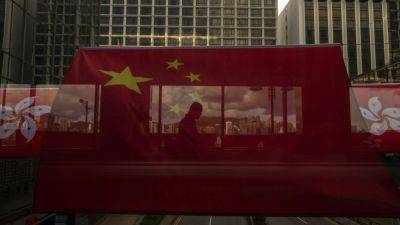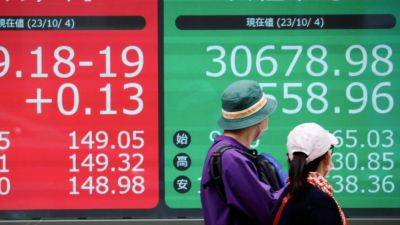Malaysia’s Unesco plan for Chinese villages triggers fury among Malay-Muslim groups
In recent years, there have been increasingly frequent and bitter rows over culture and heritage in Malaysia, in step with the poll gains of Islamist parties, who claim to protect the economic and political interests of the multi-ethnic country’s Malay-Muslim majority.
The Malays – who make up nearly 60 per cent of Malaysia’s 33 million population – have long enjoyed special privileges as Bumiputra, which loosely translates as “sons of the soil”, receiving perks including university quotas, housing discounts and government-sanctioned investment funds.
The central government has said it will work with Selangor state authorities to begin the process of nominating several Chinese “new villages” for the Unesco accolade to preserve their “unique” heritage and promote Malaysian Chinese history and culture through tourism.
The “new villages” were a post-World War II British construct aimed at containing a communist insurgency.
But the move to earn Unesco recognition triggered swift resistance, with some Muslim academics and Islamist parties describing it as an attempt to grant native status to non-Malays, which must be opposed.
Local Government Minister Nga Kor Ming defended the Unesco plan, saying in a statement on Thursday that it was not a “zero-sum game” to elevate the status of one race over the other.
“I welcome suggestions from various parties to nominate Malay villages or any potential historical location as a Unesco heritage site,” Nga said.
Others disagree, saying Malays will lose out as the history of the peninsula is reshaped.
“In the long term, this means it will change history. This means flipping the narrative of Malaysia,” said Ahmad Murad Merican, a professor of Islamic thought and civilisation at the International







